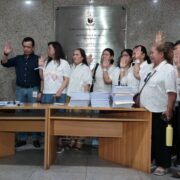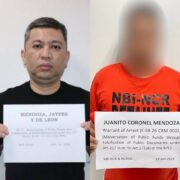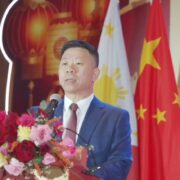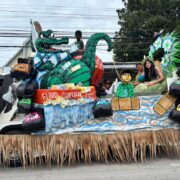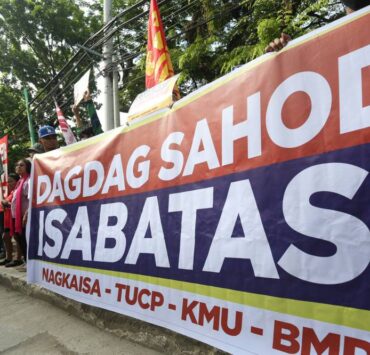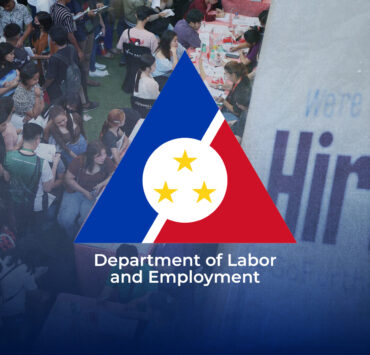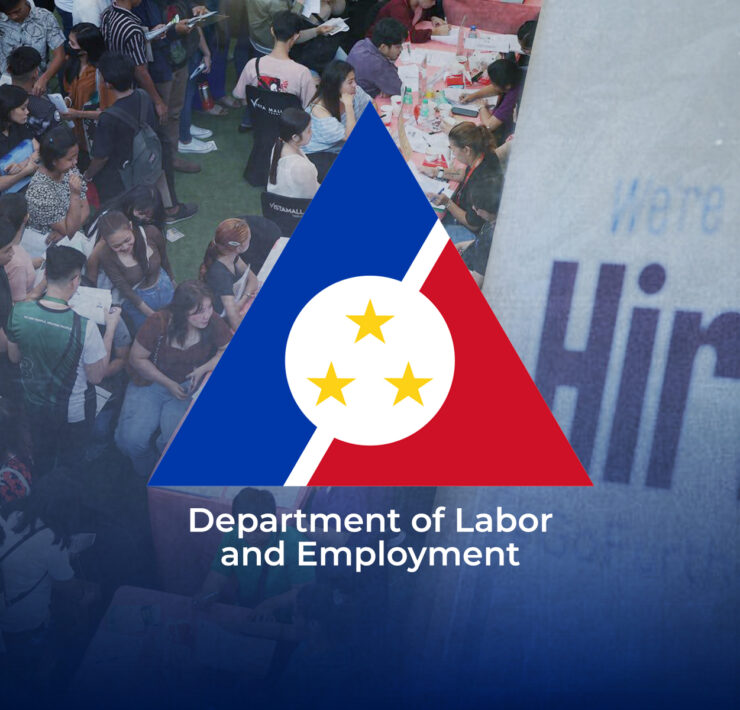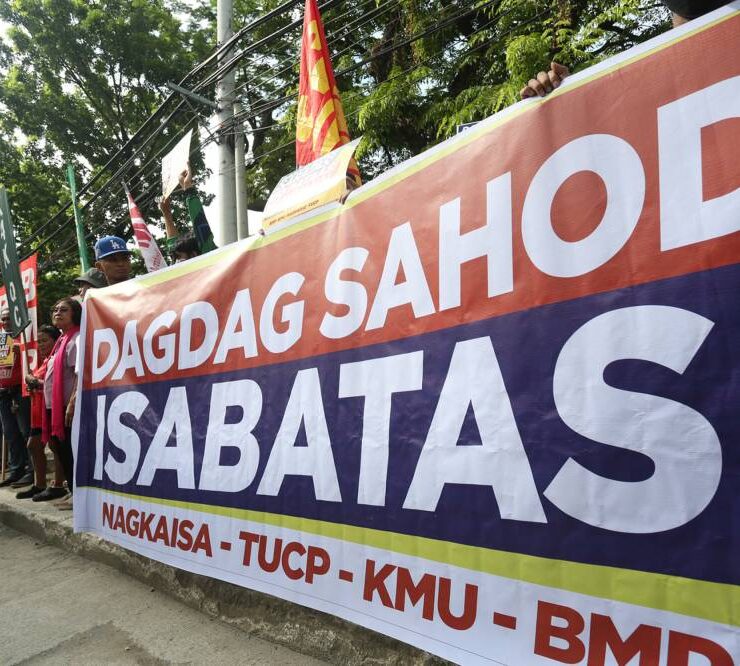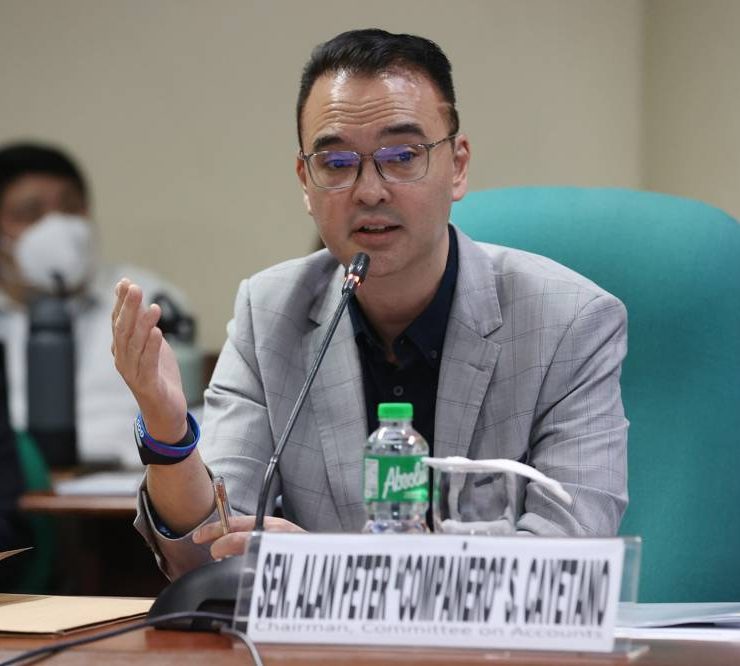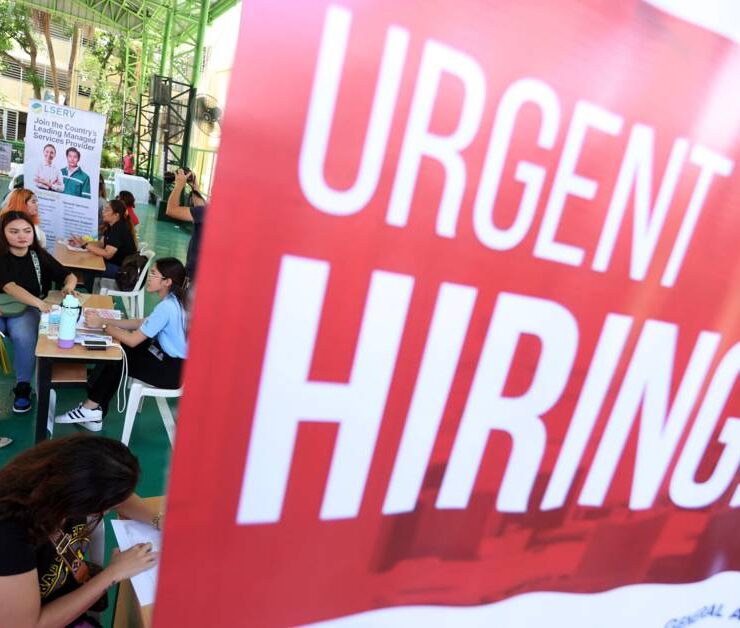How workers of the world forged Labor Day

May 1 is International Workers’ Day, a holiday created to commemorate the struggle for the eight-hour workday during the 1886 Haymarket Affair in Chicago, Illinois, in the United States.
From April 25 to May 4, 1886, unionists, reformers, socialists, anarchists and ordinary workers united to make Chicago the center of the national movement for an eight-hour workday. Some 35,000 workers walked off their jobs, followed by tens of thousands more in the following days.
The dayslong strike eventually erupted in violence. On May 4, during a peaceful gathering, a bomb was hurled at the police, killing and injuring several officers and an undetermined number of the crowd. Several anarchists were convicted in a trial based on insubstantial evidence and later executed.
The trial, considered one of the worst miscarriages of justice in American history, and the events leading to it inspired socialists and unionists around the world to celebrate May 1, or “May Day,” as an international workers’ holiday.
Beginnings in PH
In the Philippines, May 1 is also celebrated as Labor Day.
The first celebration in the country took place on May 1, 1913, when Filipino workers and labor leaders convened at the Cine Oriente along CM Recto street, then known as Azcarraga, in Manila. Around 36 labor unions heeded the call to hold congress and unite to fight for the rights of Filipino workers.
This led to the creation of the Congreso Obrero de Filipinas, or Congress of Philippine Labor, headed by Hermenigildo Cruz, the unschooled protégé of Philippine labor pioneer and one of the great intellectuals of the time, former Senator Isabelo de los Reyes.
Earlier struggles
De los Reyes, branded a filibuster by the Spanish authorities, had previously been arrested and later deported to Spain. Upon his return in July 1901, inspired by books written by Karl Marx, Friedrich Engels, Victor Hugo, and others, he introduced socialism to the country.
The road to labor rights in the country had begun long before 1913, with an earlier generation of organized workers taking steps toward workers’ emancipation.
In 1899, a strike demanding an increase in wages was staged by workers in the printing press of the revolutionary government. This was followed by the establishment of the Union de Impresores de Filipinas in December 1901 and the founding of the first workers’ federation, the Union Obrera Democratica de Filipinas (UODF), in 1902, with de los Reyes as president.
Then, on May 1, 1903, UODF organized around 100,000 workers to march from Plaza Moriones in Tondo to Malacañang and demand complete independence while protesting against American imperialism.
Some 200 troops with bayonets held off workers at the gates of Malacañang. Dominador Gomez, the foremost labor leader of that time, held an impromptu lecture against America’s double standards and the prevailing system in the country that allowed workers to suffer unjust conditions.
In 1908, another strike was staged, this time by waterfront workers under the Union de Marinos de Filipinas. Organized by Pedro Guevara, the strike paralyzed Manila’s shipping industry, eventually forcing industry firms to accept demands for better working conditions and higher wages.
In the same year, on April 8, 1908, the Philippine Assembly passed a bill making the first day of May Labor Day.
As of February 2025, there are around 49.15 million employed Filipinos. Labor Day, a national holiday, honors the immeasurable contributions and sacrifices of Filipino workers who fought for the rights of all working-class Filipinos—past, present, and future.
Sources: nhcp.gov.ph, web.nlp.gov.ph, ppsc.gov.ph, bpl.org, encyclopedia.chicagohistory.org, digitalhistory.uh.edu, web.senate.gov.ph, psa.gov.ph




